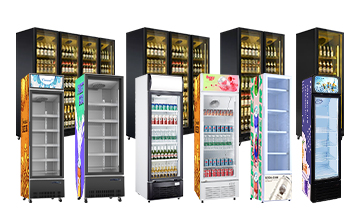Supermarket shopping refrigerator how to judge its cooling effect? What should I pay attention to?
Aug 14,2024 - 13:32 Reading:865
Supermarkets shopping for refrigerators is a critical decision that relates to the quality of goods stored and operating costs. Supermarkets typically require larger capacity refrigerators to store large quantities of goods such as food, beverages and fresh produce. Capacity needs vary between supermarkets of different sizes, and large supermarkets may require multiple high-capacity commercial refrigerators. Freshness preservation features are also indispensable, such as precise humidity control and effective sterilization technology, which help extend the shelf life of goods.
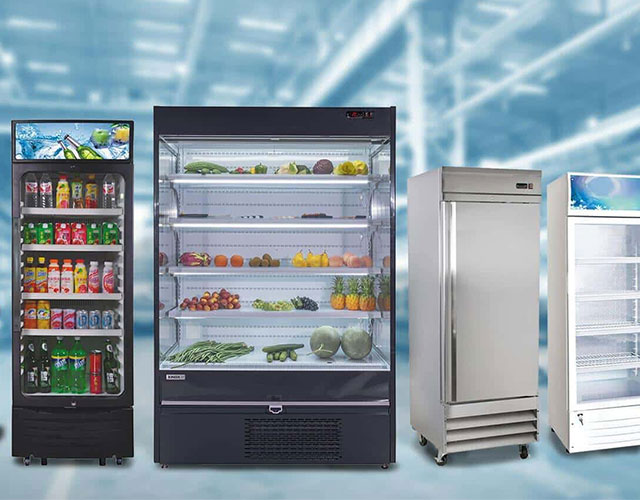
Judging the cooling effect of the refrigerator purchased by the supermarket can start from the following aspects:
First, check the refrigerator's cooling power and cooling speed indicators. Generally speaking, refrigerators with higher cooling power and faster cooling speed will have better cooling effect. For example, certain high-end refrigerators can rapidly reduce the internal temperature in a short period of time.
Next, observe the temperature uniformity inside the refrigerator. This can be detected by placing thermometers in different locations, and the more uniform the temperature distribution, the better the cooling effect. For example, a high-quality refrigerator can make the temperature difference between the compartments smaller.
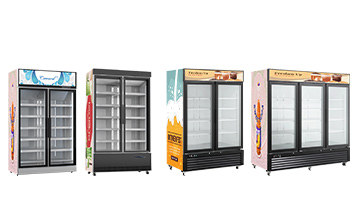
Further, find out how the refrigerator cools. Air-cooled refrigerators cool more evenly, and direct-cooled refrigerators have a better moisturizing effect. This can be judged according to the specific needs of the supermarket.
You can also refer to reviews and ratings from other users or professional organizations to know how the refrigerator performs in cooling in actual use.
Supermarkets have the following considerations when shopping for a refrigerator:
Capacity and size: it should be determined according to the size of the supermarket and the amount of goods stored to ensure that there is enough space to store various types of goods. For example, large supermarkets may need multiple large-capacity open-door refrigerators.
Refrigeration performance: including refrigeration speed, temperature stability and uniformity. Fast refrigeration can keep goods fresh, stable and uniform temperature can prevent the deterioration of goods.
Energy efficiency: energy-efficient refrigerators can reduce operating costs and save a lot of money on electricity in the long run.
Freshness preservation features: such as humidity control, bacteria removal and odor purification help to extend the shelf life of goods.
Quality and durability: Choose a refrigerator that is made of good materials and has a solid structure that can withstand frequent use and high workload.
After-sales service: Good after-sales protection can solve possible problems in a timely manner and minimize operational disruptions.
Brand and reputation: Well-known brands are usually more assured in terms of quality and performance.
Price and budget: Control purchasing costs while ensuring quality and functionality.
Popular item
-

Mega Top Pizza Prep Table Refrigerator with Pan Rail Top 60″ Inch
(5) -

Cheapest Smallest Fridge Countertop with Glass Door 4 Gallon SC15
(5) -

Cheapest Smallest Cooler Countertop with Glass Door 6 Gallon SC25
(5) -

Cheapest Smallest Refrigerator Countertop with Glass Door 6 Gallon SC35
(5) -

Top Freezer Display Fridge Freezer with Glass Door 55L 1.9 Cu Ft
(5) -

Big Glass Door Kitchen Freezer Side by Side with Auto Defrost 1000 Liters
(5) -

Grocery Store Swing Door Visi Merchandiser with Clear Front
(5) -

Supermarket Horizontal Open Swing Door Merchandiser Refrigerator
(5) -

Vertical Upright Fridge Built in Freezer Fridge 200L 7 Cu Ft
(5) -

Glass Swing Door Cooler Ventilated Cooling 0–10℃ 268 Litre
(5) -

Small Display Merchandiser Cooler with Clear Front 335 Litres
(5) -

Mini Cooler Fridge with Self-Closing Door 105 Litres
(5) -

Small Refrigerator with Slimline Design with Glass Door 135L
(5) -

Small Beverage Cooler with Transparent Door 145 Litres
(5) -
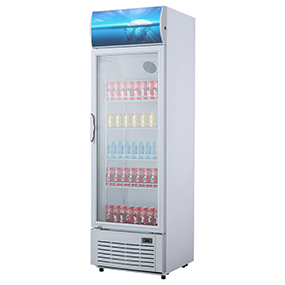
Small Drink Fridge with Glass Door and Led Lights 350L
(5) -

Small Drink Fridge with Glass Door 0–10℃ 310 Liters
(5) -
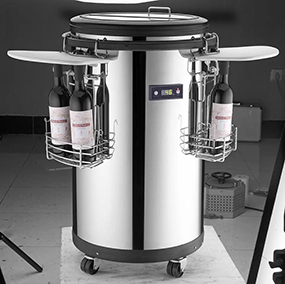
Stainless Steel Barrel Cooler Mini Bar Fridge for Wine and Beverage
(5) -

Round Pepsi Cooler Freestanding with Top Open Cover
(5) -

Mini Round Topo Chico Cooler Small Barrel Shape Upright
(5) -

Outdoor Mobile Round coke Cooler for Party event Marketing
(5)

